Scholars 2020-21
| Visiting Faculty | ||||
| David Owen Term 1 University of Southampton |
David Owen’s current research has two related foci. The first explores the development of Nietzsche's philosophy through the lens of his concern with human flourishing, ethical culture and politics. The second addresses the distinct roles of the concepts of justification and vindication in ethics and political philosophy. |
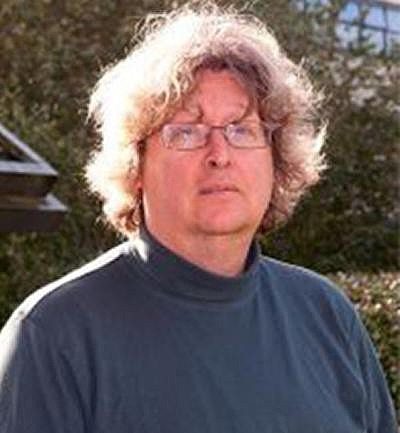
|
||
| Charis Thompson
London School of Economics |
In Getting Ahead: Science, Technology, and the State in an Age of AI, Genome Editing, and Inequality Charis Thompson developed the concept of the migrapolitical to explore the relation between technologies and a stratified world on the move through two signature technologies of our day: AI/machine learning and human genome editing. |
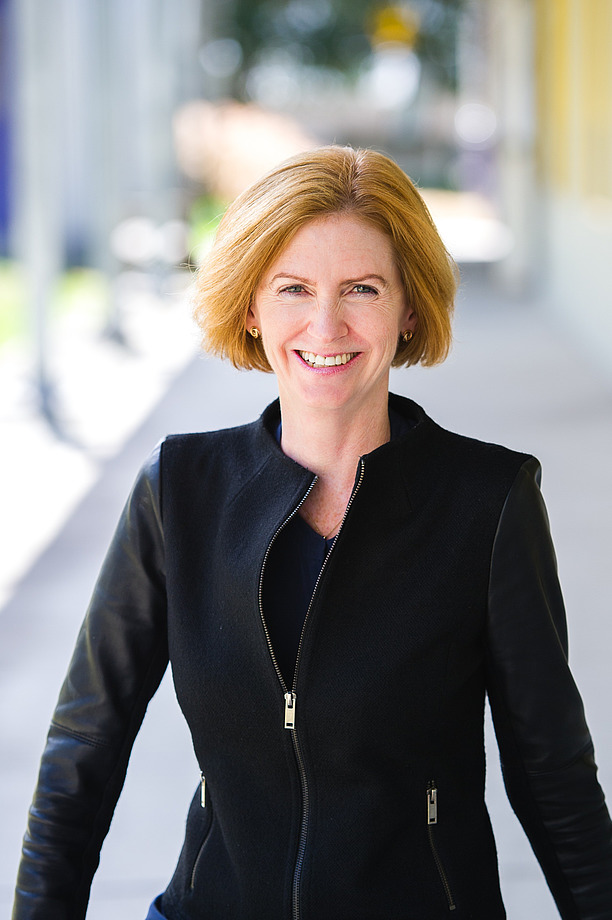
|
||
|
Lawrie Balfour
|
How should we understand freedom? How should we understand freedom in the shadow of racial slavery and colonialism? For Toni Morrison, these questions are concrete, urgent, conjoined. Her novels and non-fiction constitute an extended inquiry into the ways that freedom has been promised, taken, struggled over, and incompletely realized in U.S. history. While Morrison's literary achievements have inspired many scholars, her contributions as a political thinker deserve more sustained attention. Lawrie Balfour's project, Imagining Freedom: Toni Morrison and the Work of Words, advances a fresh understanding of modern freedom by drawing from Morrison’s deep reservoir of words that are “unquestionably political and irrevocably beautiful at the same time.” |
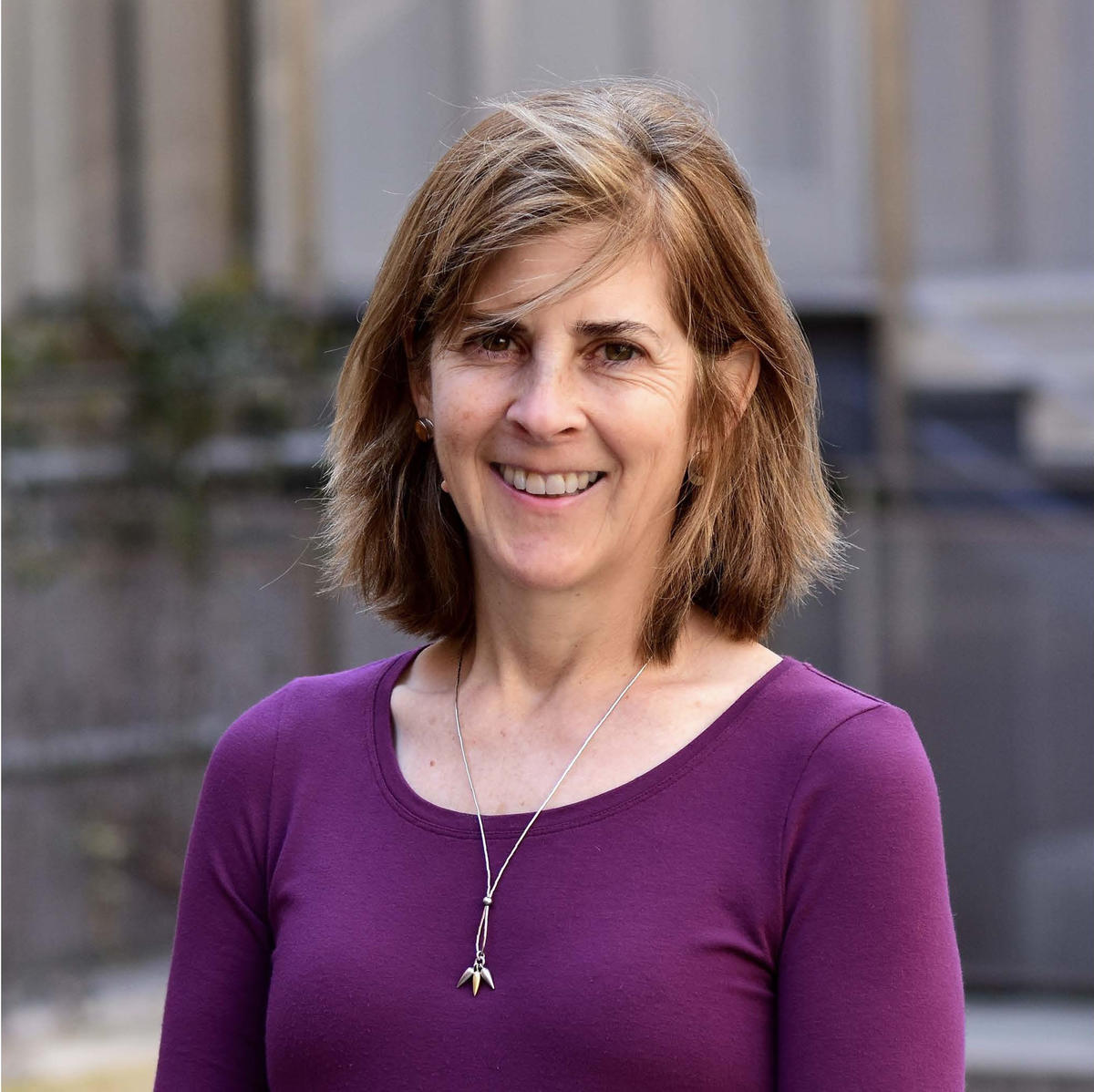 |
||
|
Banu Bargu |
Banu Bargu's research focuses on the uses of the body in political and social struggles both as an object and a subject of violence directed at itself. Drawing on different examples from around the world, she examines the implications corporeal politics holds for modern conceptions of agency, citizenship, and democracy. |
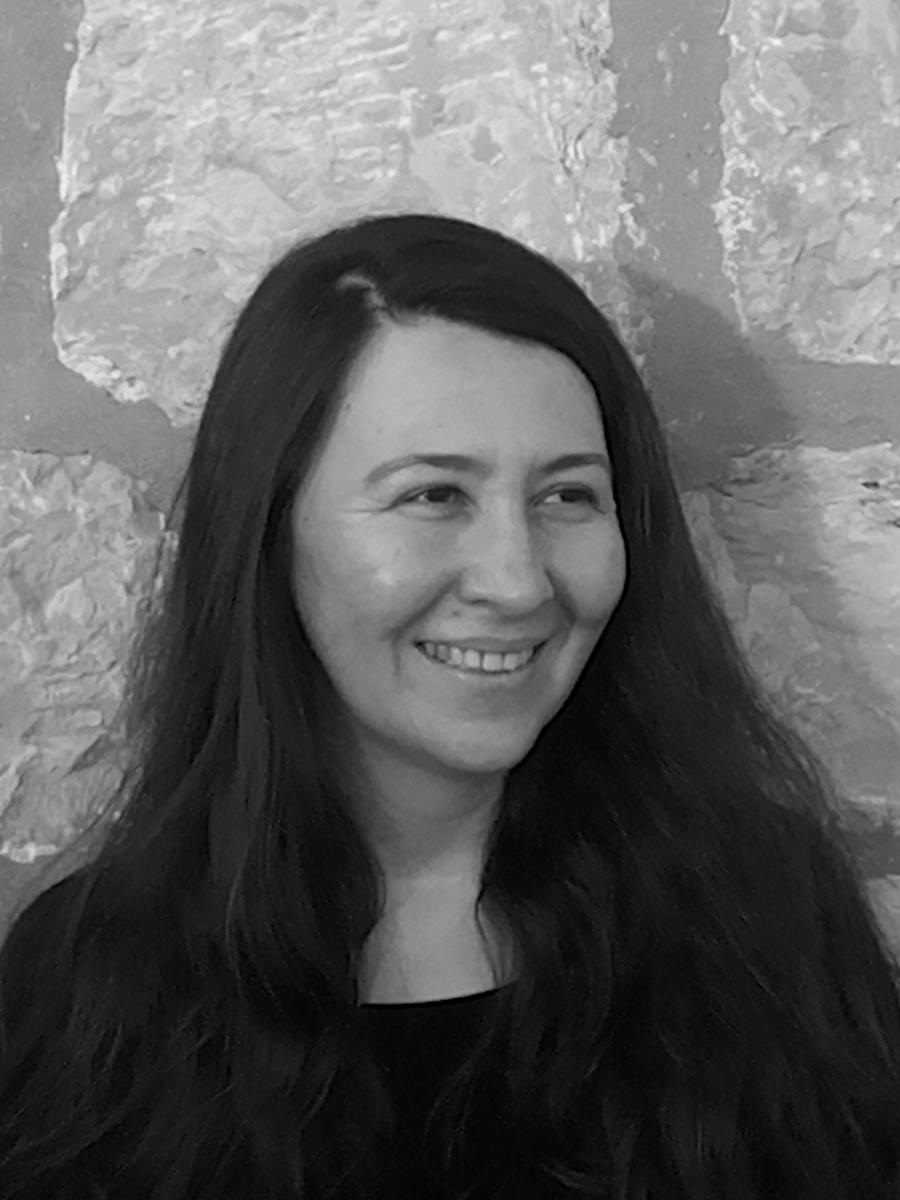 |
||
|
Joshua Barkan |
Joshua Barkan's current research focuses on the legal history and geography of land concessions. He is interested in the ways the reemergence of land concessions in different times and places forces us to rethink basic ideas about political territory. |
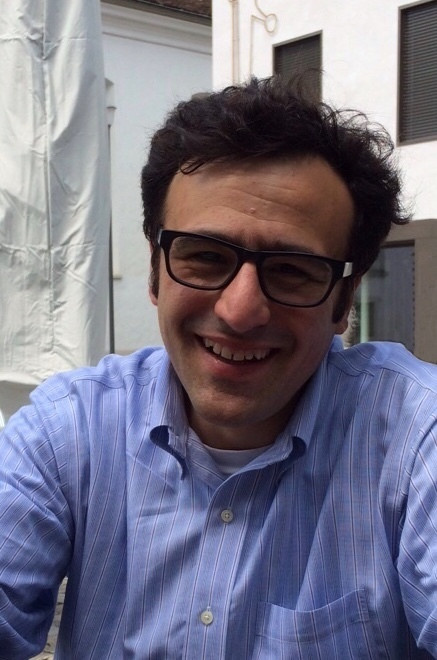 |
||
|
Nusrat Chowdhury |
Nusrat Chowdhury's current book project explores the concept of sacrifice for postcolonial development. Ethnographically, she studies the rumors of sacrifice and violence around particular development megaprojects in Bangladesh as manifestations of larger tensions that arise from legitimizing sacrifice that is at the core of postcolonial democratic imagination. |
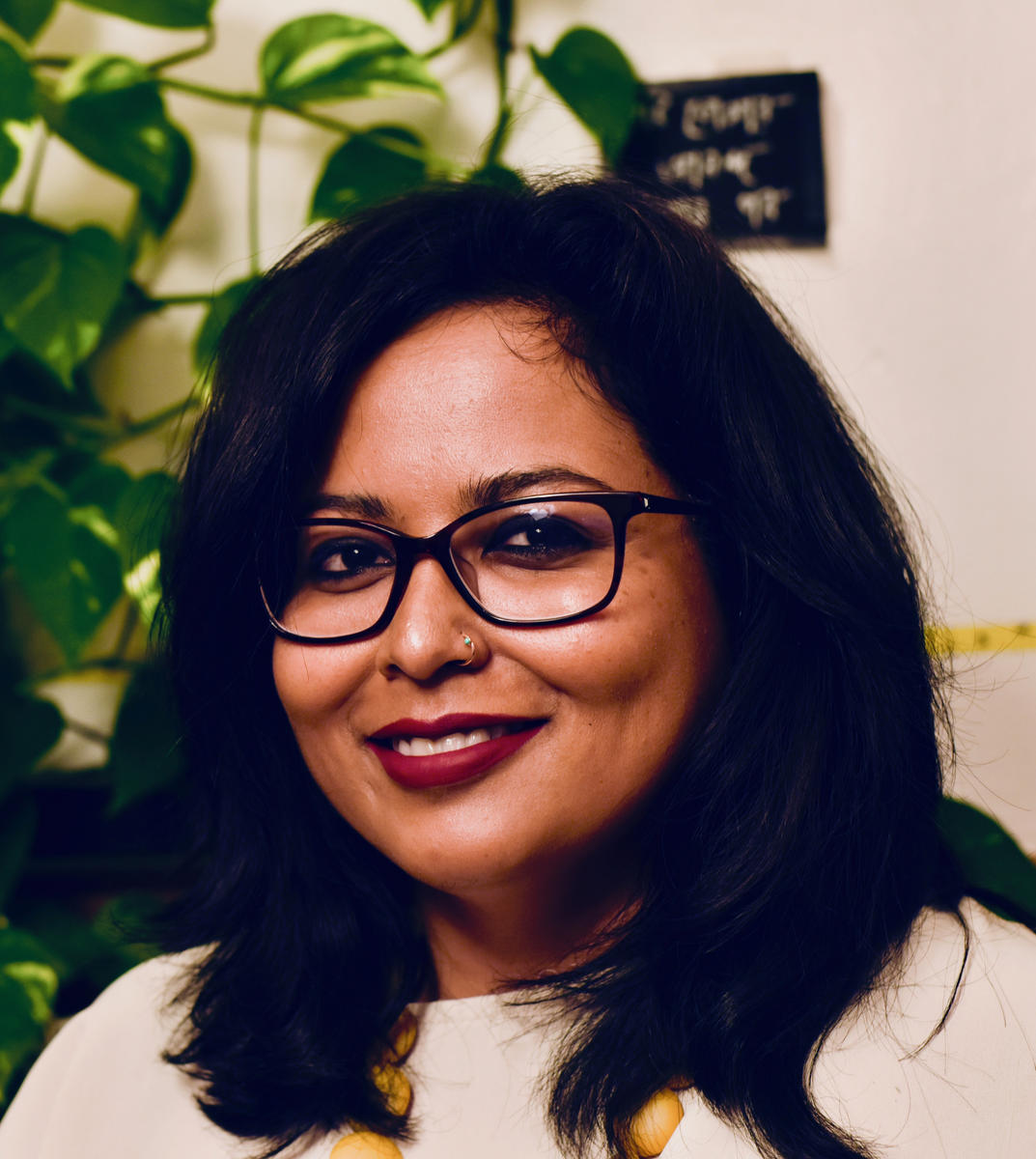 |
||
|
Thomas Fossen |
When people take to the streets and demand the fall of the regime, they contest the authorities' right to rule. Thomas Fossen's book in progress, Facing Authority, develops a philosophical theory of legitimacy. What can one do, and what must one know, in order to judge the legitimacy of a regime from a practical standpoint, in the face of disagreement and uncertainty? |
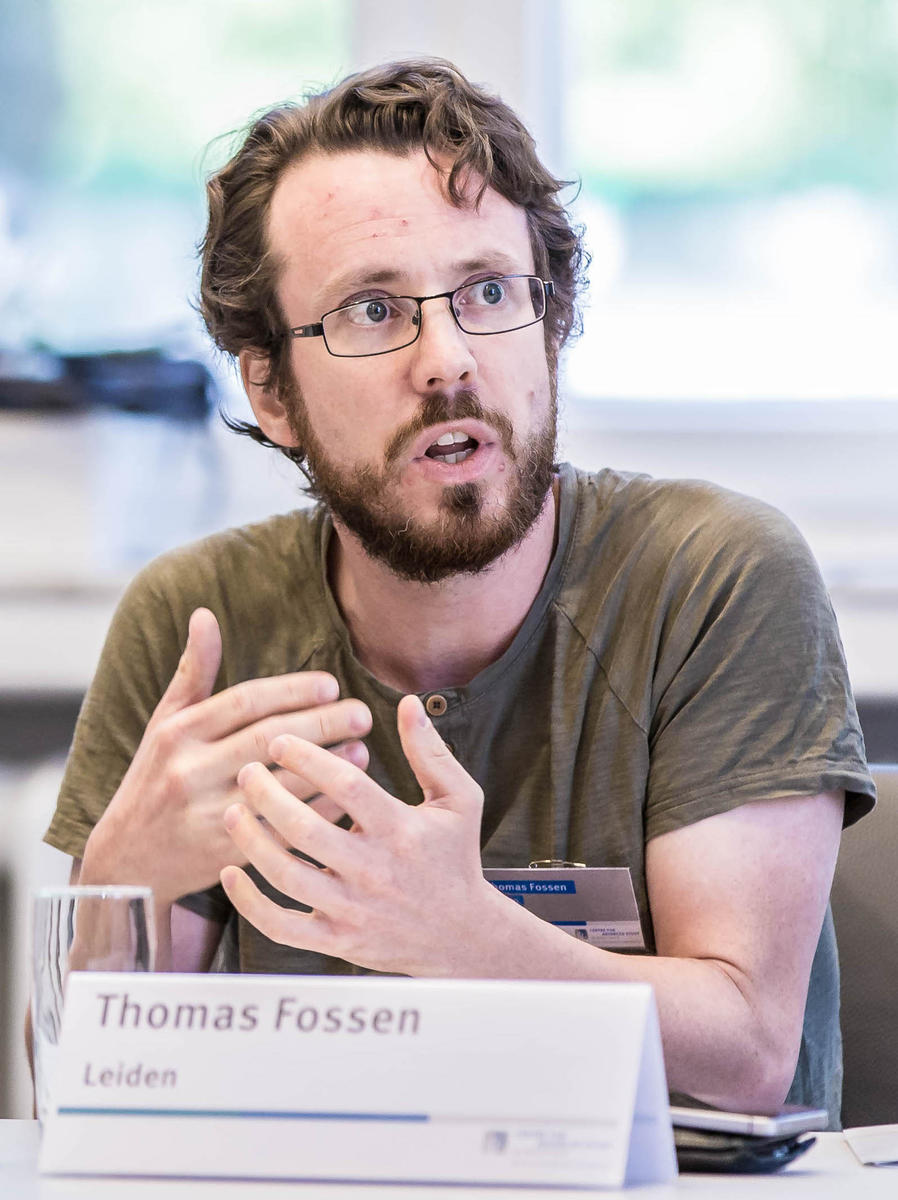 |
||
|
Jacob Gates Foster |
Jacob Gates Foster is a computational sociologist of science, culture, and cognition. At IAS, he will develop a new account of knowledge as fundamentally algorithmic, collective, and pragmatic. Drawing on sources that range from science studies to theoretical computer science, his book will offer a theory of knowing for an age of distributed knowledge. |
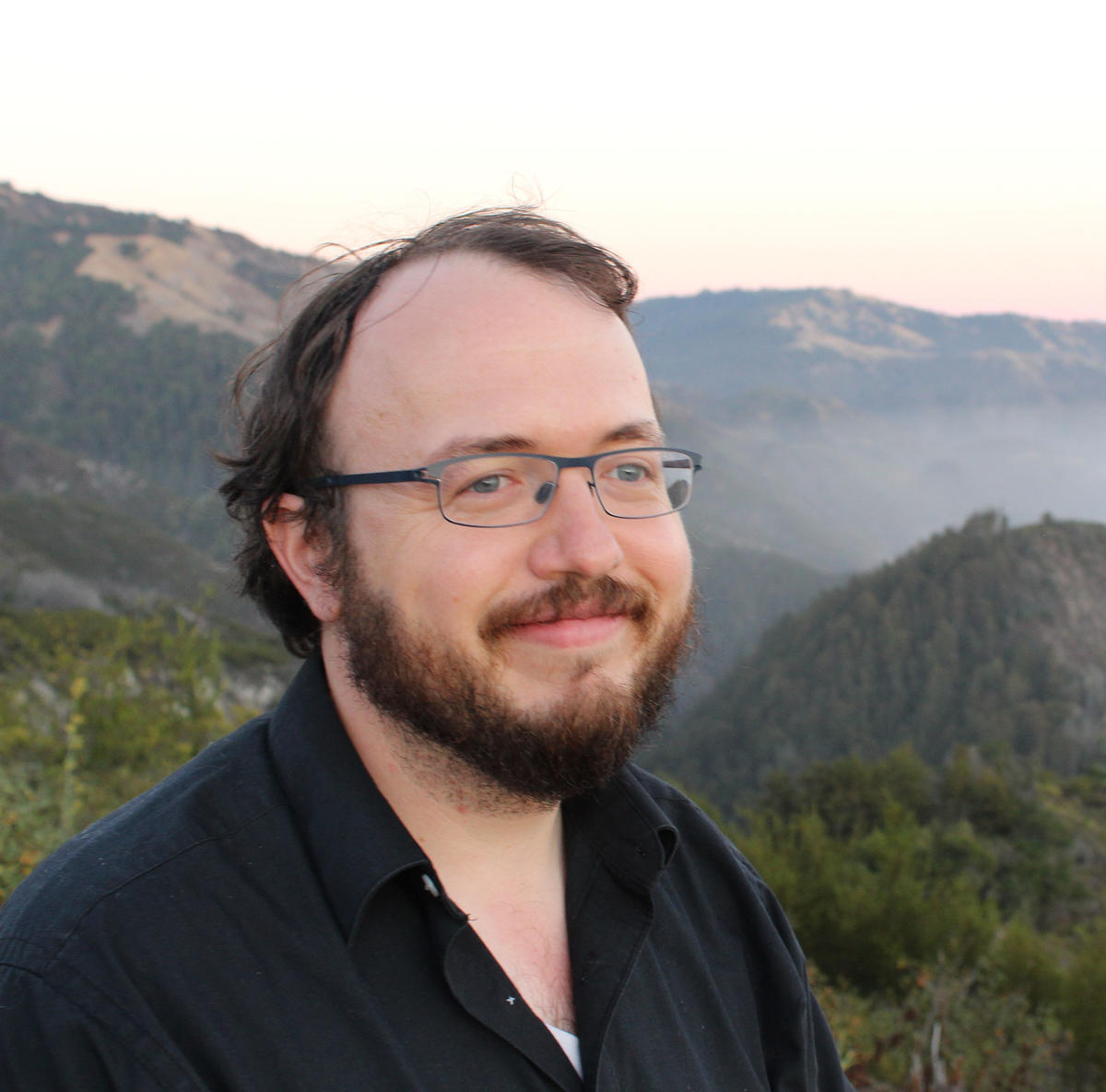 |
||
|
|
||||
|
Aisha Ghani |
Aisha Ghani's research traces the formation of Legal Islam across U.S. civil and criminal contexts. Her work draws attention to the variety within legal regimes, the multiple and distinct modes of legality that different legal contexts engender, and the implications of these nuances for theorizations of religion, law and secularity. |
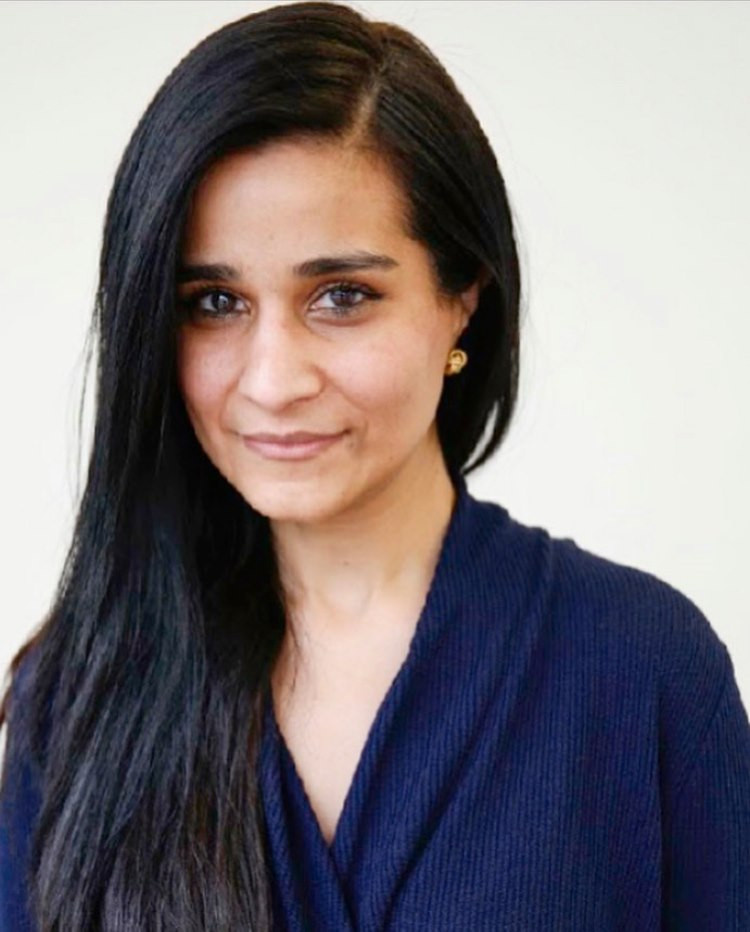 |
||
|
Sarah Barringer Gordon |
Sarah Barringer Gordon is completing a book on separation of church and state for the first hundred years of US national history. |
 |
||
|
Diana Graizbord |
Diana Graizbord's research focuses on expertise and democracy. She is writing her first book, Indications of Democracy: Expertise and the Politics of Accountability, which examines how policy evaluation techniques have been adopted by the Mexican state and how this form of policy expertise shapes political accountability processes in contemporary Mexico. |
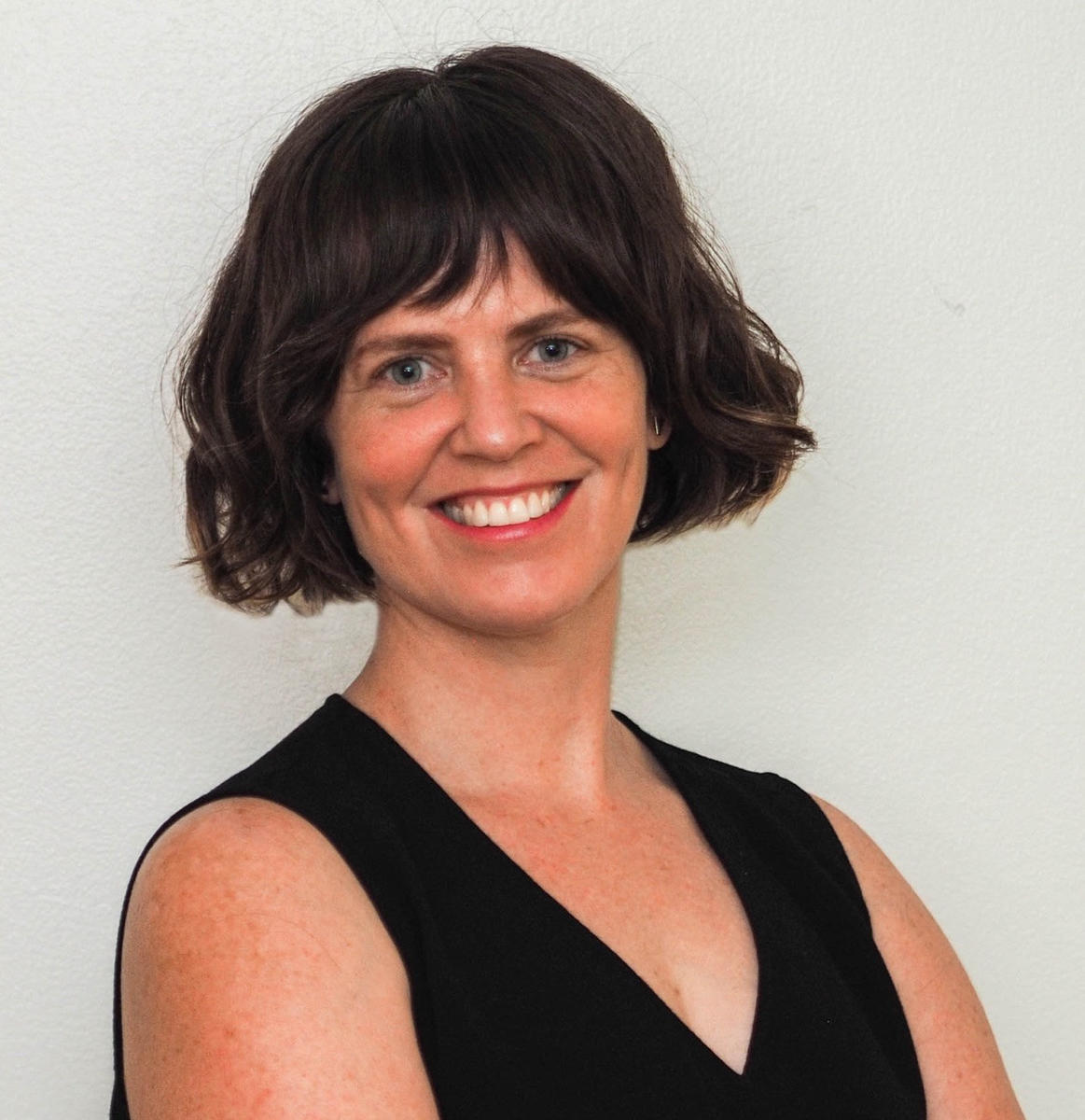 |
||
|
Emmanuel Henry |
Emmanuel Henry’s research seeks to gain insight into how scientific knowledge and ignorance, particularly in the way it is structured by power dynamics, contributes to shaping social problems, as well as the ways in which those problems are addressed in the public sphere and managed within the framework of public policy. He will focus mostly on how occupational and environmental health are shaped as non-issues, that is, issues that are socially invisible and insufficiently addressed by public authorities. |
 |
||
|
Florence Jany-Catrice |
Florence Jany-Catrice's research aims at developing an institutional political economy of economic indicators. It will do so by exploring some macroeconomic values, by analyzing the processes of quantification of qualities, and by questioning the expansion of impact measures in the evaluation of public policies. |
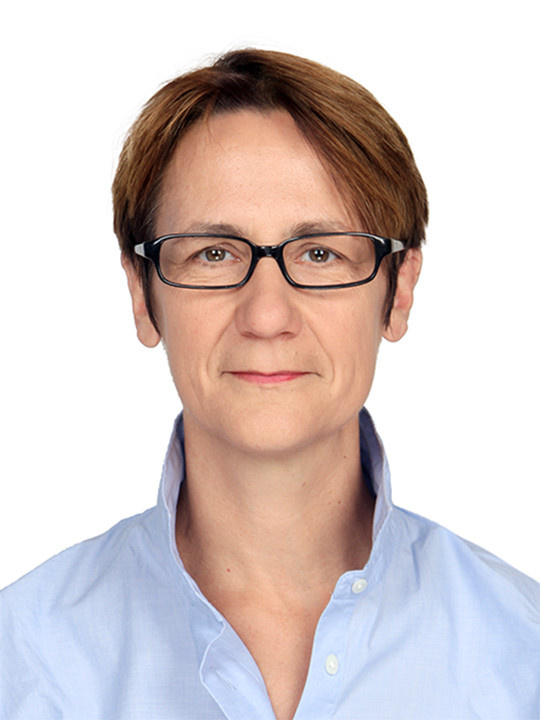 |
||
|
Nikolas Kosmatopoulos |
Nikolas Kosmatopoulos's book manuscript, Master Peace: Violence, Experts and Subjects in Lebanon, explores how social scientific theories, expert fields, and professional practices play a critical role in depoliticizing political violence in the Middle East and in re-establishing global hierarchies of power. This ethnography of conflict and crisis wishes to bridge the nascent anthropology of morality with critical expert studies to enhance our understanding of how states and social sciences govern violence today. |
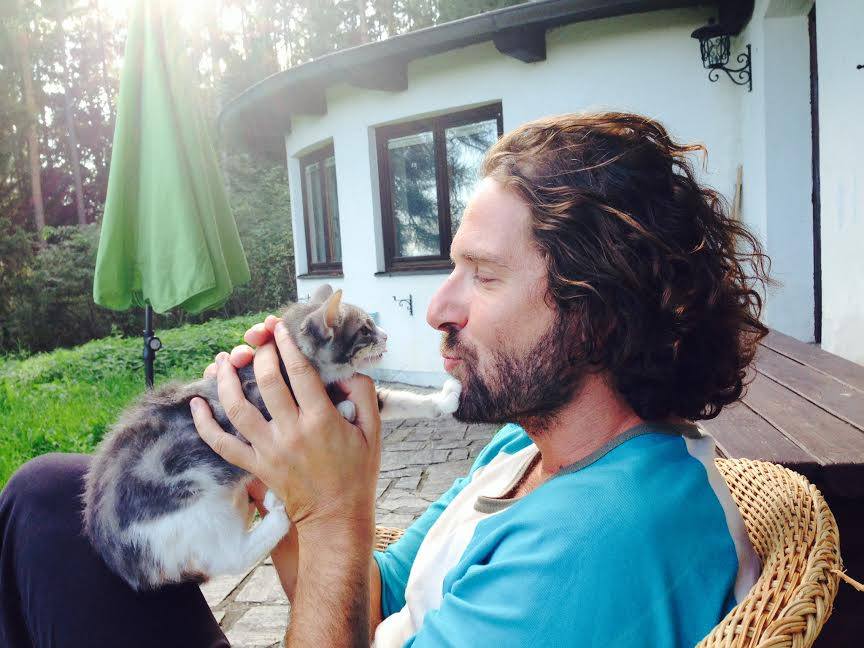 |
||
|
Magdalena Malecka |
Magdalena Małecka's IAS project challenges the epistemic presumptions underlying so-called behavioural policy and attempts to provide a new perspective on how behavioural science and state’s governing practices are entangled. It aims at advancing a philosophical approach which combines insights from feminist philosophy of science, STS, history of science. |
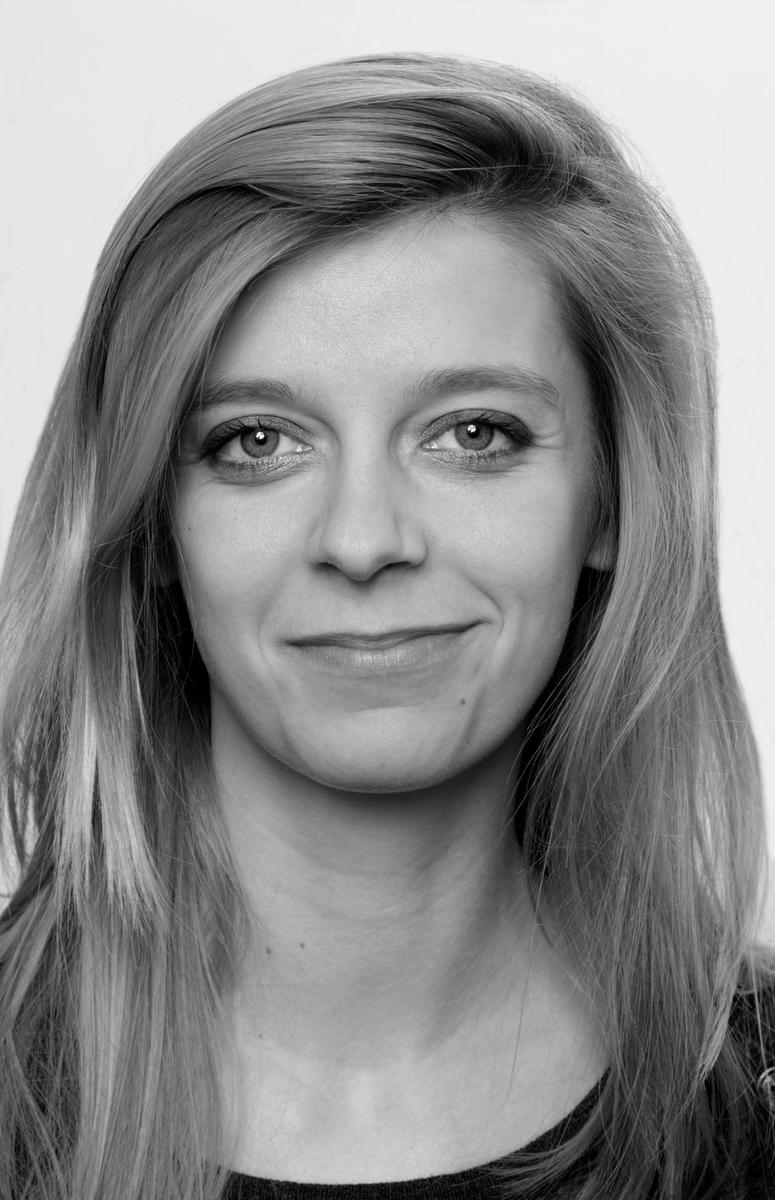 |
||
|
Ryo Morimoto |
Ryo Morimoto is completing his book manuscrip, The Nuclear Ghost: Atomic Livelihood in Fukushima’s Gray Zone. His book integrates environmental anthropology, recent Japanese history, and science and technology studies to understand the uses and applications of technologies in social processes whereby certain sensory-cognitive experiences are (im)materialized. |
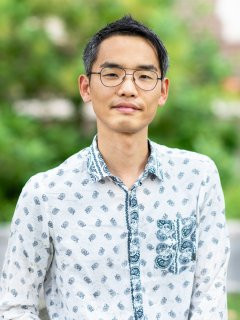 |
||
|
Anne Norton |
Anne Norton will be researching the second part of a two-part critique of liberalism, with focus on the problem of property. Her intention is to enable people--herself first of all--to think differently about property. Two lines of inquiry are very promising: the use of commodities as a language, and the survival and recovery of the commons. It is in the operation of commodities as a language that capitalism is both most inventive and most oppressive. The concept of the commons offers a form of property that is neither private nor collective, but also both private and collective. The commons runs against the remnants of feudalism in the present political order: the survival of the master in the boss, the survival of unfreedom in debt, and the persistence of power in the blood in hierarchies of race and sex. |
 |
||
|
Arnaud Orain |
Arnaud Orain's research explores older forms of economic knowledge that were influential before the emergence of "economics" in the 18th century: the dialogical discourse on commerce, economic fictions, the "oeconomy," and the alchemical science. The issue is to study genres and methods rather than schools and theories in order to rethink a field in crisis.
|
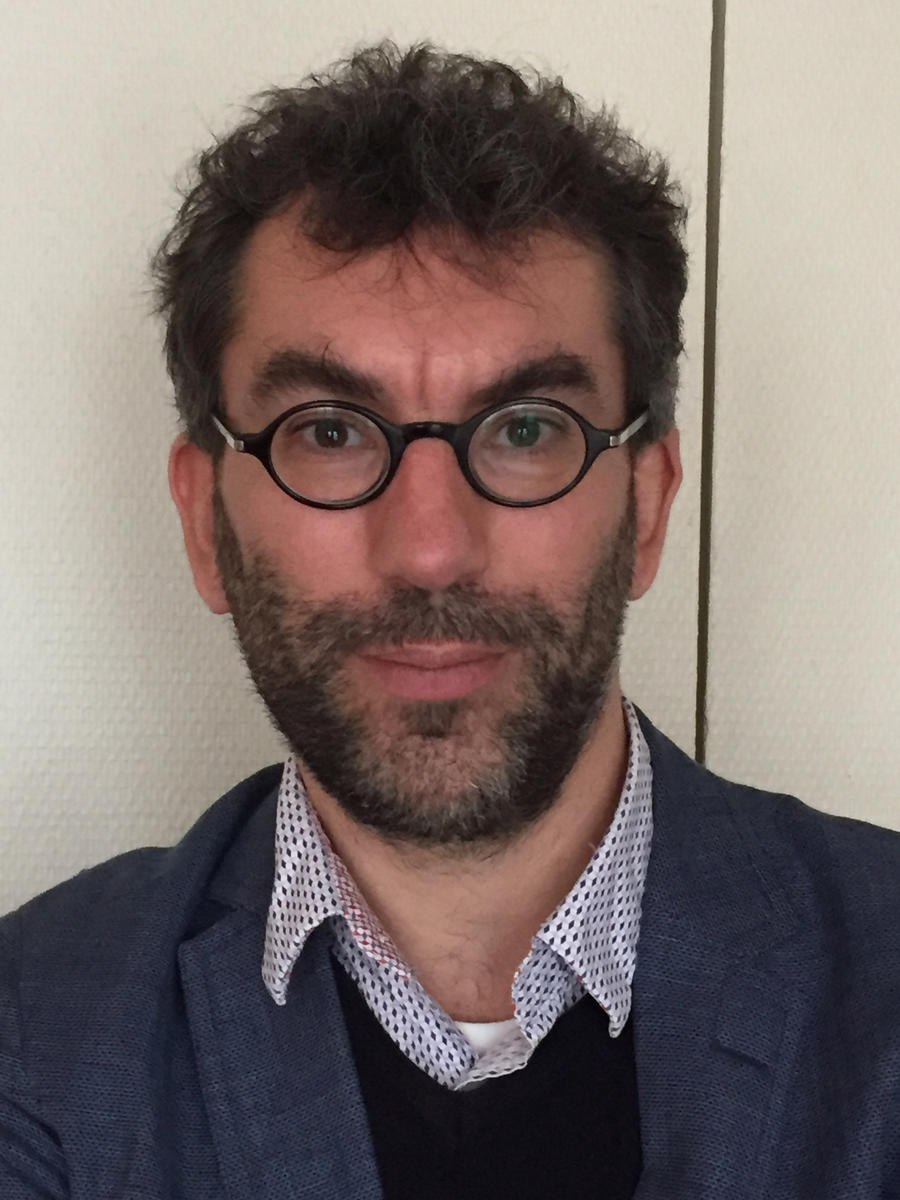 |
||
|
David Ost |
Understanding fascism’s enduring appeal to “dominant-essence” (intersectionally-privileged) workers calls for a new theorization of the left (continual clash between nationalism and internationalism), the right (fascism’s innovation melding conservatism and populism), and the nexus of class and culture (with culture regularly deployed to push class gains). |
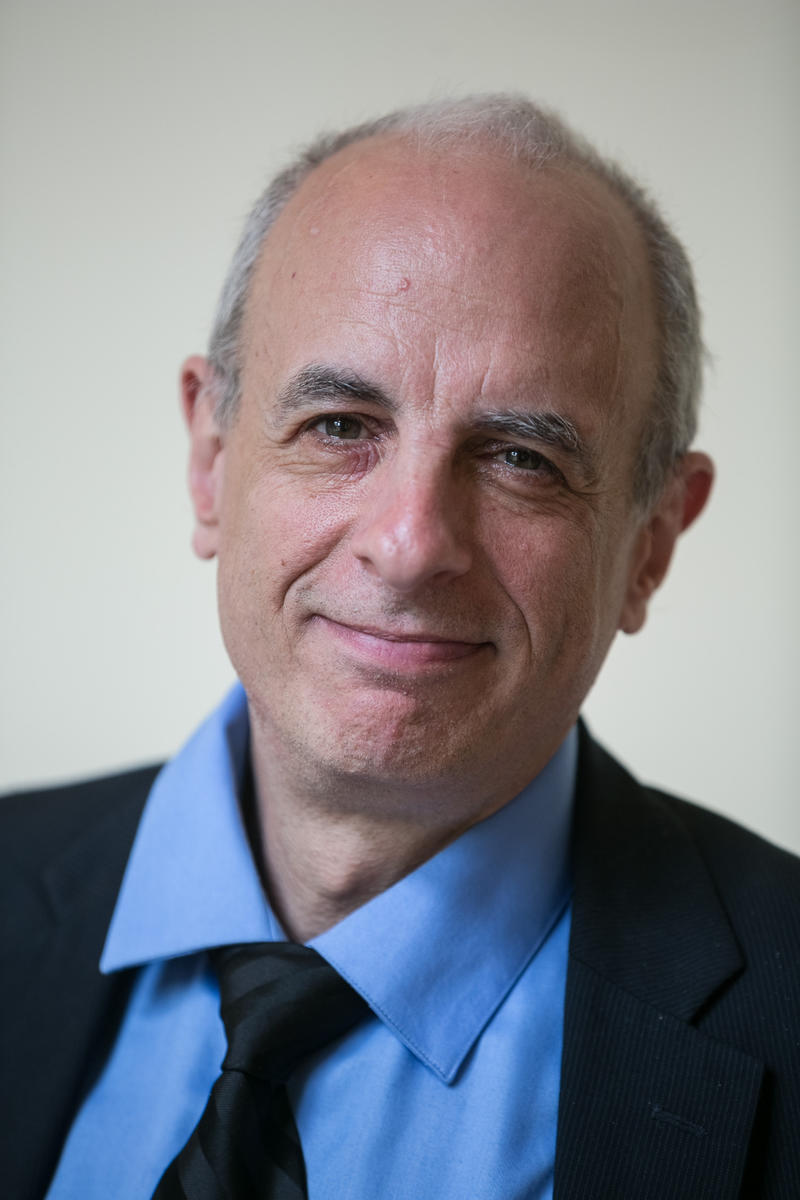 |
||
|
Timothy Pachirat |
While an IAS Member, Timothy Pachirat will work on telling two stories. The first is of a factory farm that converted its concrete walls to glass and turned itself into a major tourist destination; the second is of a worker at a factory farm in Wyoming who took his own life in the aftermath of an undercover investigation by an animal protection organization. |
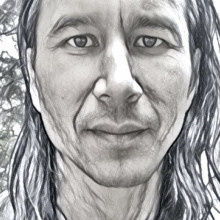 |
||
|
Leslie Paik |
Leslie Paik's book project, Bills of Injustice: Family and Victim Experiences with Legal Financial Obligations in Juvenile Court, explores how the administration of fines, fees, and restitution in the juvenile justice system leads to increased legal involvement and long-term financial penalties for families as well as delayed or partial justice for victims. |
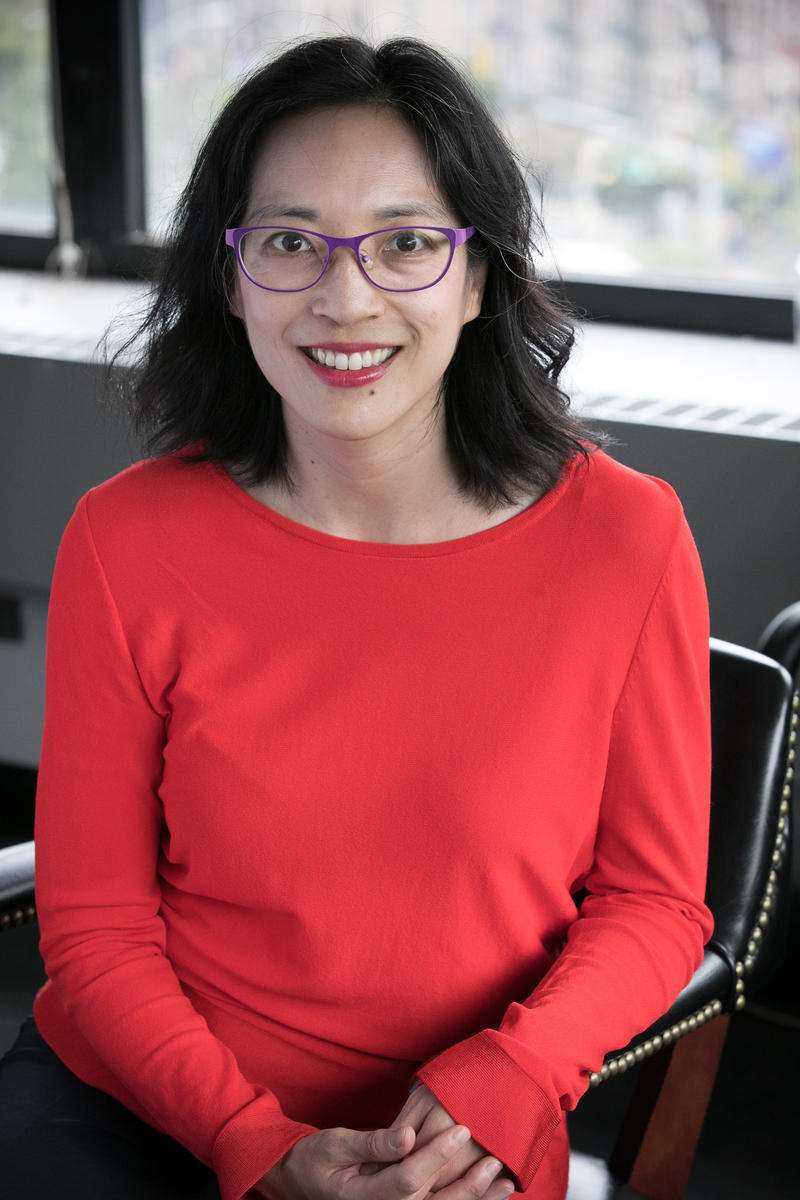 |
||
|
Joy Rohde |
Joy Rohde studies the relationship between social science, public policy expertise, and American democracy. Her current project examines the origins and consequences of data-driven, computational approaches to US social science and public policy since the 1950s. |
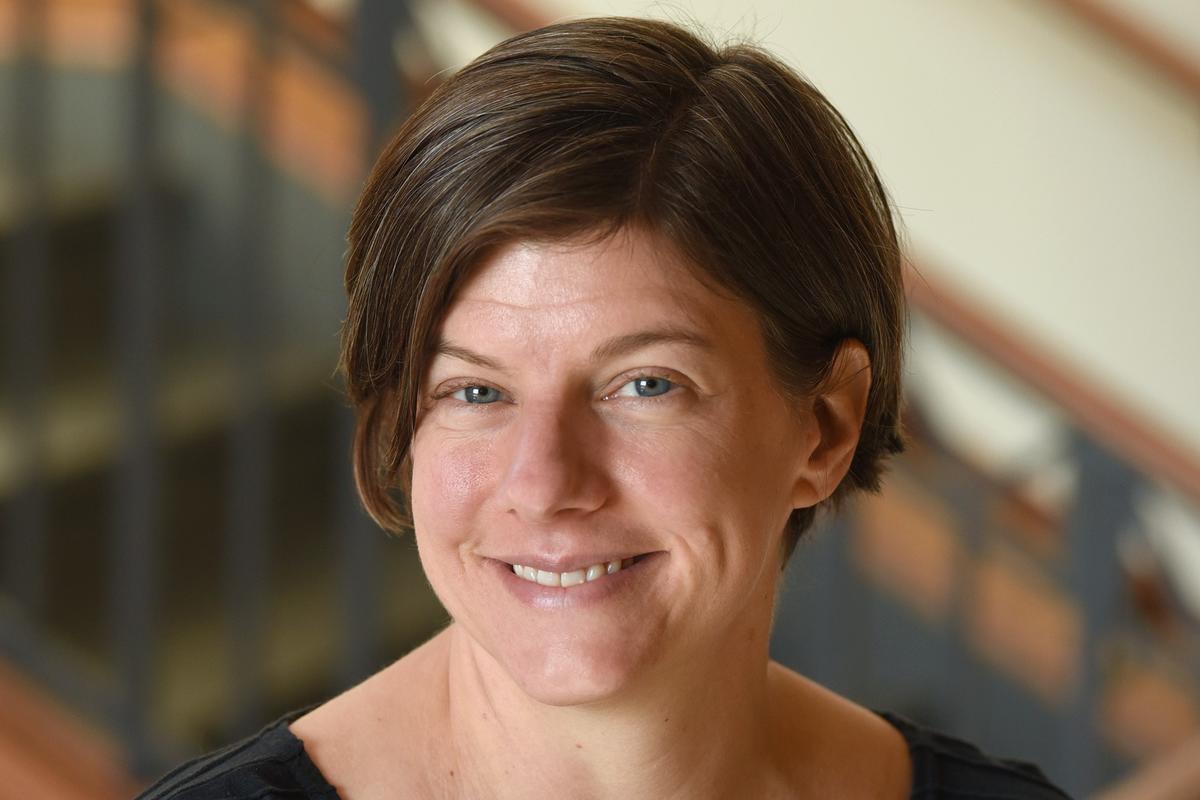 |
||
|
Christo Sims
|
Christo Sims’s book-in-progress examines how corporations, cities, and states are materially reconfiguring themselves in response to climate catastrophe. Taking Silicon Valley as a case study, the project focuses on how the technology sector is embracing avant-garde architecture in response to growing concerns about climate change, traffic, and a dearth of affordable housing. |
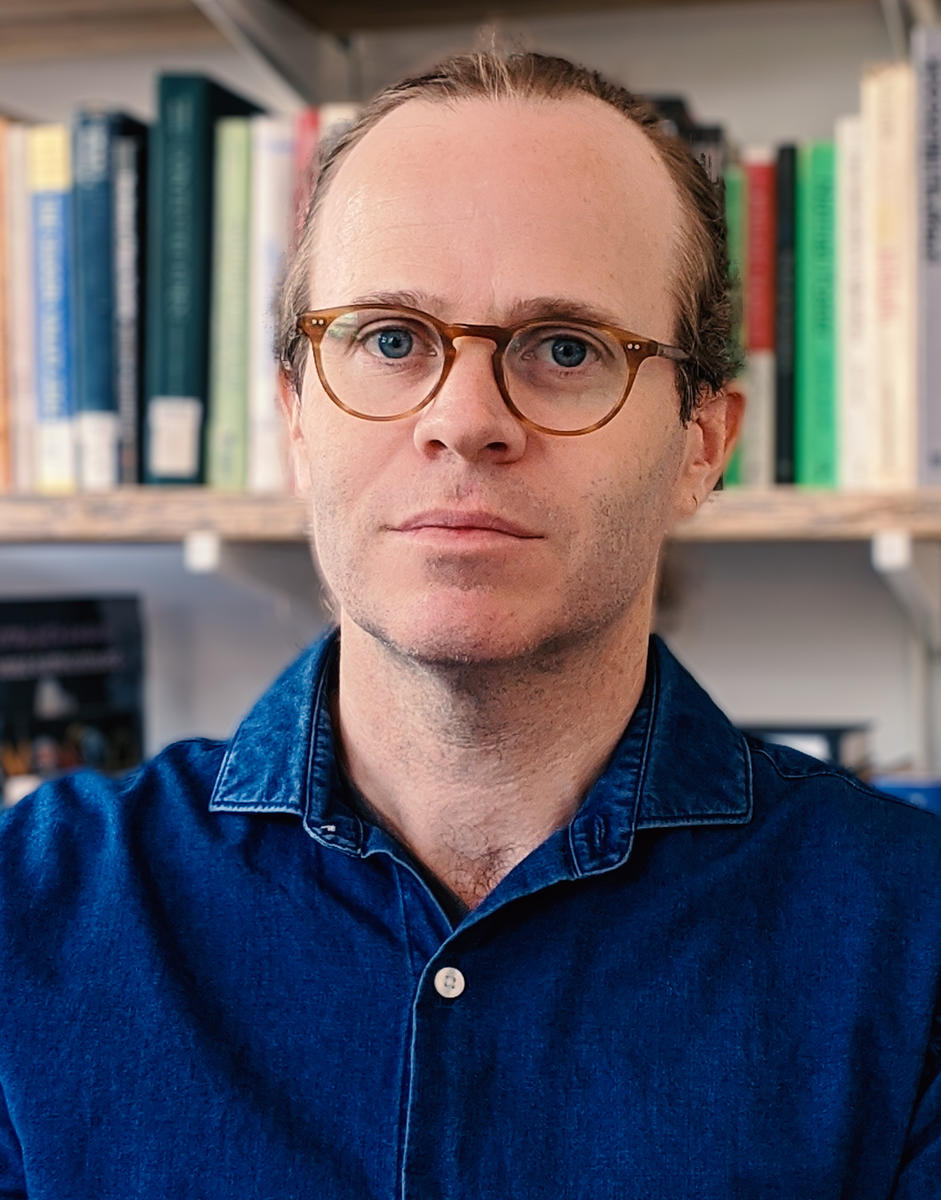 |
||
|
Robyn C. Spencer |
Robyn Spencer's book project, To Build the World Anew: Black Liberation Politics and the Movement against the Vietnam War, 1950-1975, explores how and why the struggle for Vietnamese independence became a rallying point for grassroots Black activists based in the United States who were part of the freedom struggles of the 1950s-1970s. Despite the constrictions of Cold War anti-communism, anti-imperialism took root in radical Black activist networks as a distinct strand of Black inter-nationalism and the draft centered Vietnam as a site of resistance. Black antiwar activists created dozens of vibrant organizations that critiqued the war in print culture and music, and formed alliances with activists in Cuba, Sweden, and North Vietnam. The organizations they created had a pivotal impact on the larger antiwar movement and influenced activists like Dr. Martin Luther King, Jr. and Malcolm X. Their activism highlights the permeability of borders between the various social movements of this period and reshapes the history of the Black freedom struggle. |
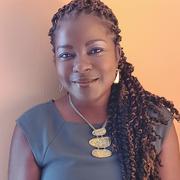 |
||
|
Fabien Truong |
Fabien Truong's book project draws upon an ethnographic study started in 2015 in France. It focuses on everyday solidarities and coping routines towards ordinary violence in relegated urban neighborhood, and questions their impacts on political imaginaries. Alongside, he will keep developing two long-term on-going parallel projects (a book and a film). |
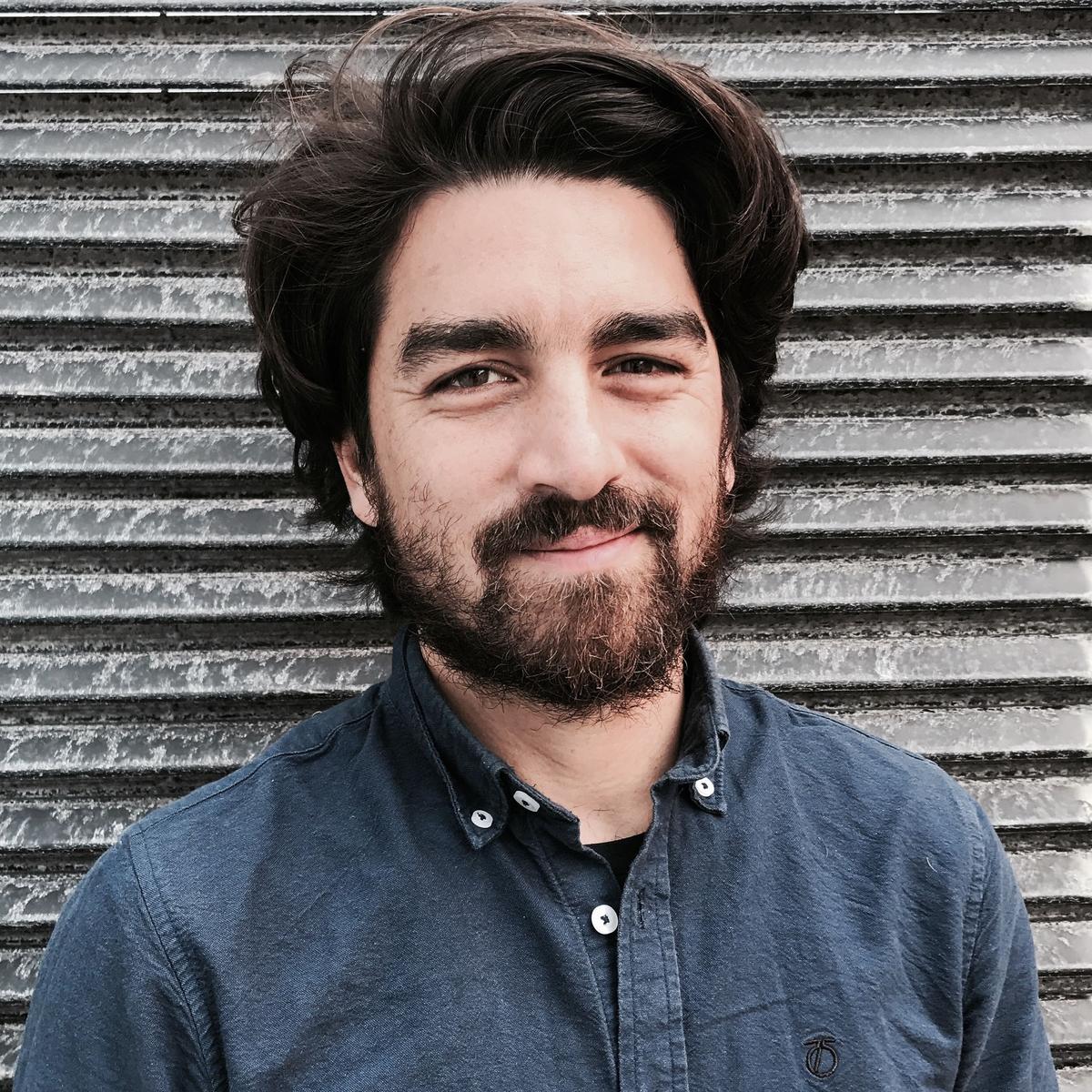 |
||
|
Sonja van Wichelen |
Sonja van Wichelen's research takes place on the cross-disciplinary node of law, life, and science in a globalizing world. Previous projects focused on cross-border reproductive technologies, global migration, and religion. Her current focus is on "biolegality" and examines the constitutive relation between biology and law in the formation of knowledge and sociality. |
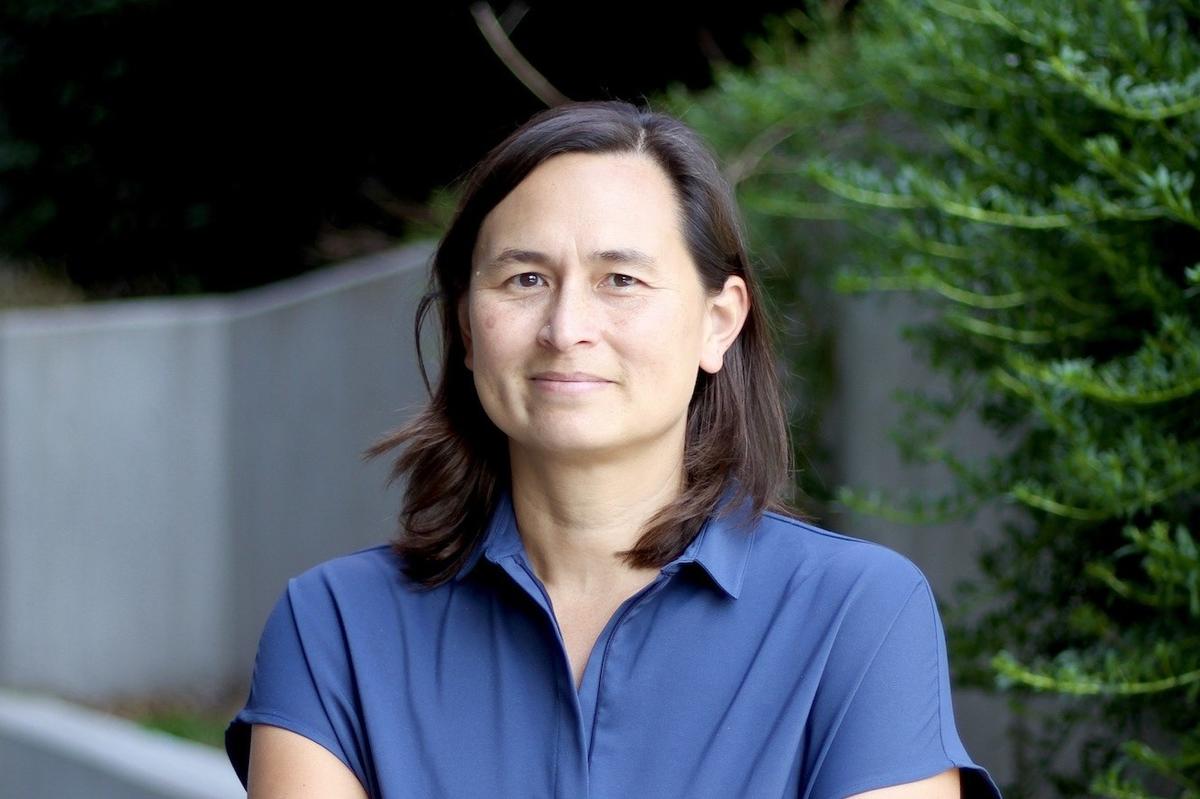 |
||
|
Sarah E. Vaughn |
Sarah E. Vaughn’s primary field is the critical study of climate change. She has engaged climate change through both ethnographic and archival research of the geotechnical engineering sciences and the shifting frameworks for climate data and services. Her first book, Engineering Vulnerability: In Pursuit of Climate Adaptation (forthcoming), focuses on the weight of history on the material and racial political formations of climate adaptation in Guyana. Her most recent articles and second book project, Scales of Reason, explore climate change with an emphasis on the inter-generational demands of technology across the Caribbean. |
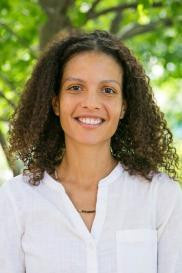 |
||
|
Waqar H. Zaidi |
Waqar H. Zaidi studies 20th century technology and international relations. His current project focuses on the inter-relations between civil aviation, the Cold War, and developmentalism in post-World War II West Asia. His project looks to explore the origins of globalized civil aviation within the international political economy of the early Cold War. |
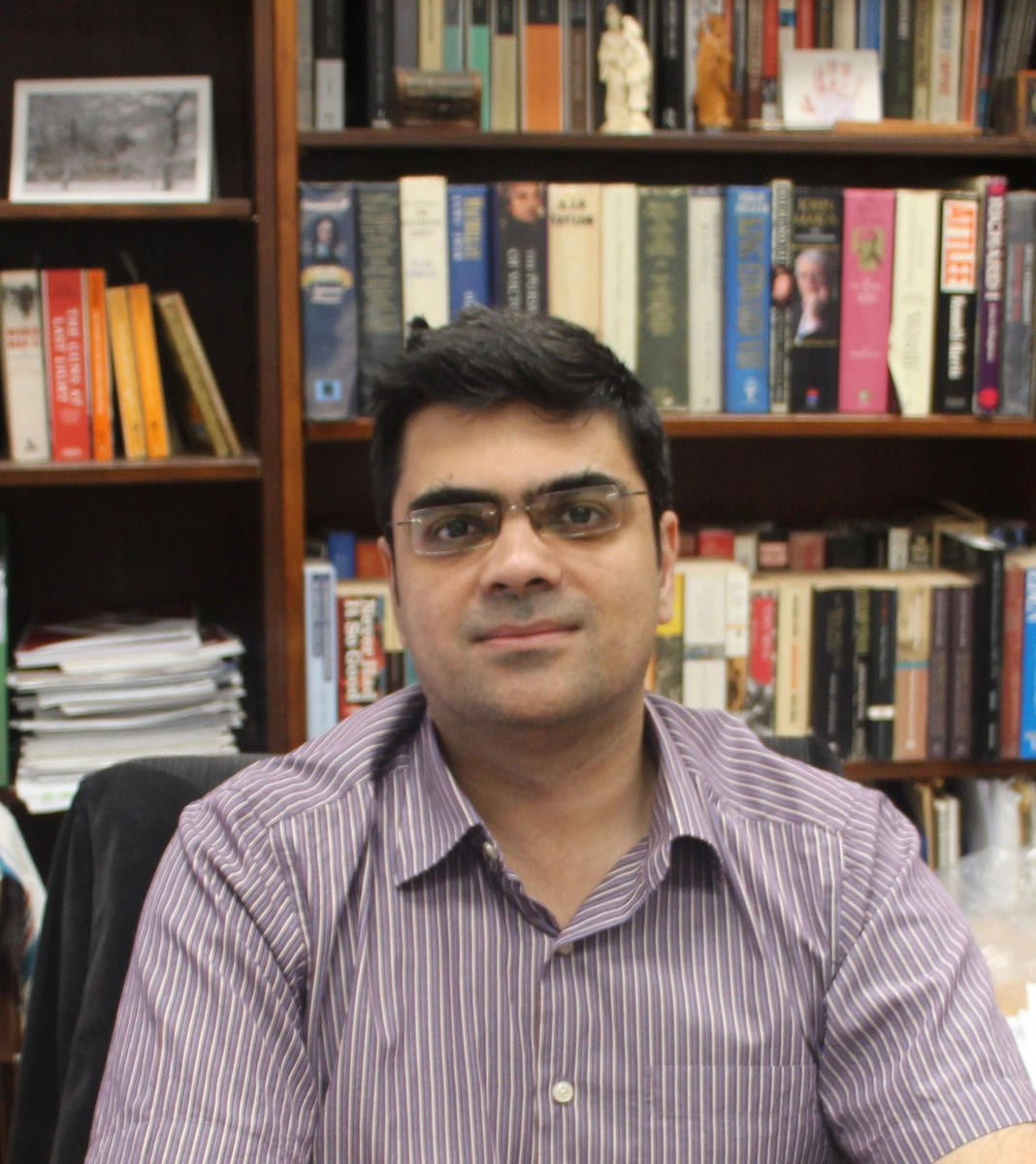 |
||
|
Erica A. Cartmill |
Erica A. Cartmill studies communication and social cognition in children and great apes. At IAS, she will be tackling two projects. The first integrates psychological and anthropological perspectives on parenting to critique “language gap” interventions. The second project explores humor and play in great apes through a series of experiments. |
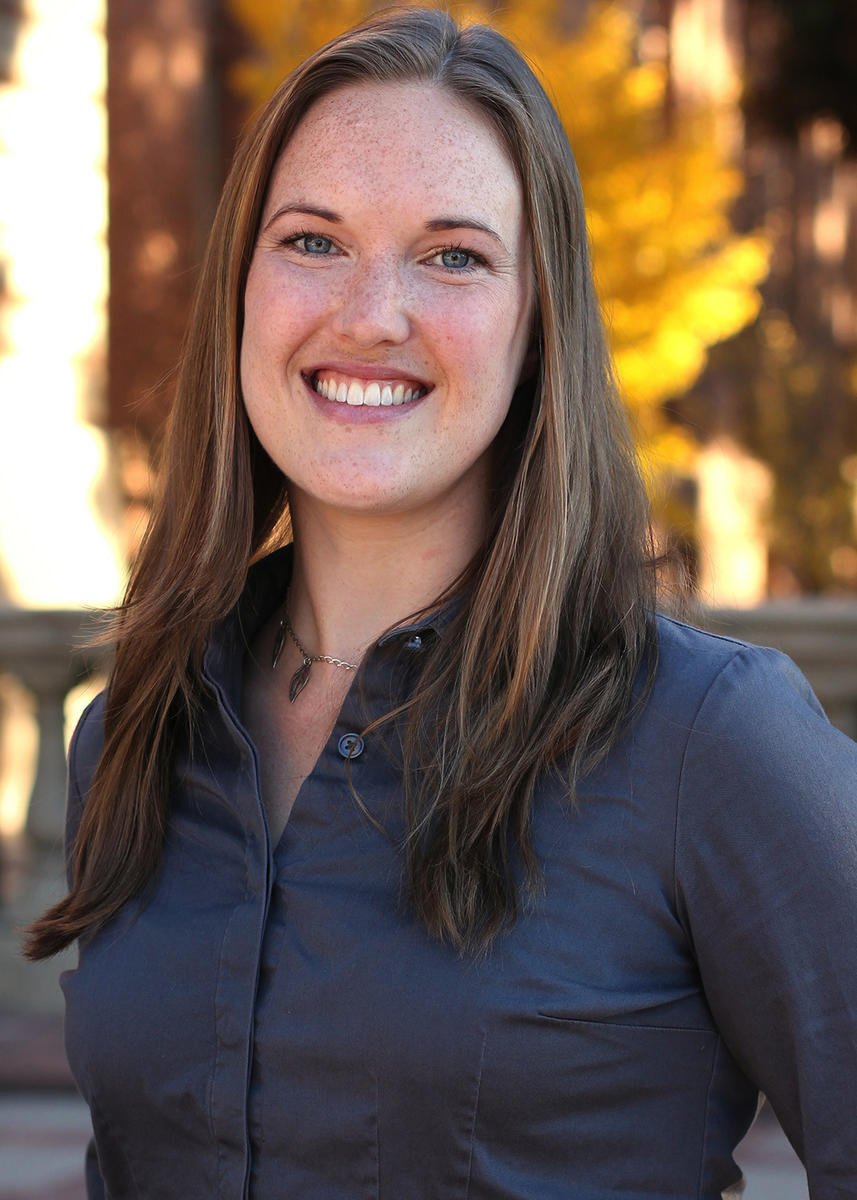 |
||
|
Marc de Leeuw |
Marc de Leeuw's research concerns the edges of law, on domains that, due to radical technological change or ruptures in our ethical imagination, require legal consideration in a philosophical register: the legal standing of collective ecological entities, the fashioning, use and ownership of human body parts, the legal status of non-human minds. |
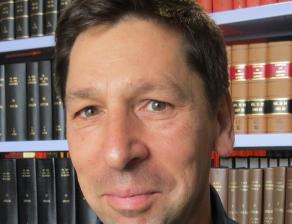 |
||
|
Anne-Claire Defossez |
Anne-Claire Defossez will devote part of this year at the Institute to writing the first chapters of her book on women and politics in France. She will also continue working on field data collected on the French-Italian border about migrations from African and Middle Eastern countries, in order to analyze their legal, social and economic features and the tensions between states’ repression and local solidarities. |
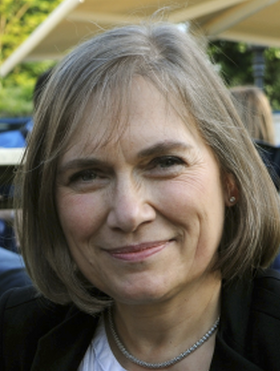 |
||
|
Donald W. Light
|
Donald Light is exploring how states, as protectors and promoters of the public’s health, can interact with pharmacological research to develop better medicines and make them available at prices that states can afford. This entails markets for public health, which operate differently from private markets, especially during pandemics. |
 |
||
|
Luis Mireles-Flores |
Luis Mireles-Flores will work on the project, Opening the Policy Black-box in Evidence-based Policy (funded by Academy of Finland), which combines philosophy of science and public policy studies to investigate knowledge exchanges between economics and policy making. At IAS, he will examine the scientific import and socio-political relevance of the evidence-based policy movement in economics. |
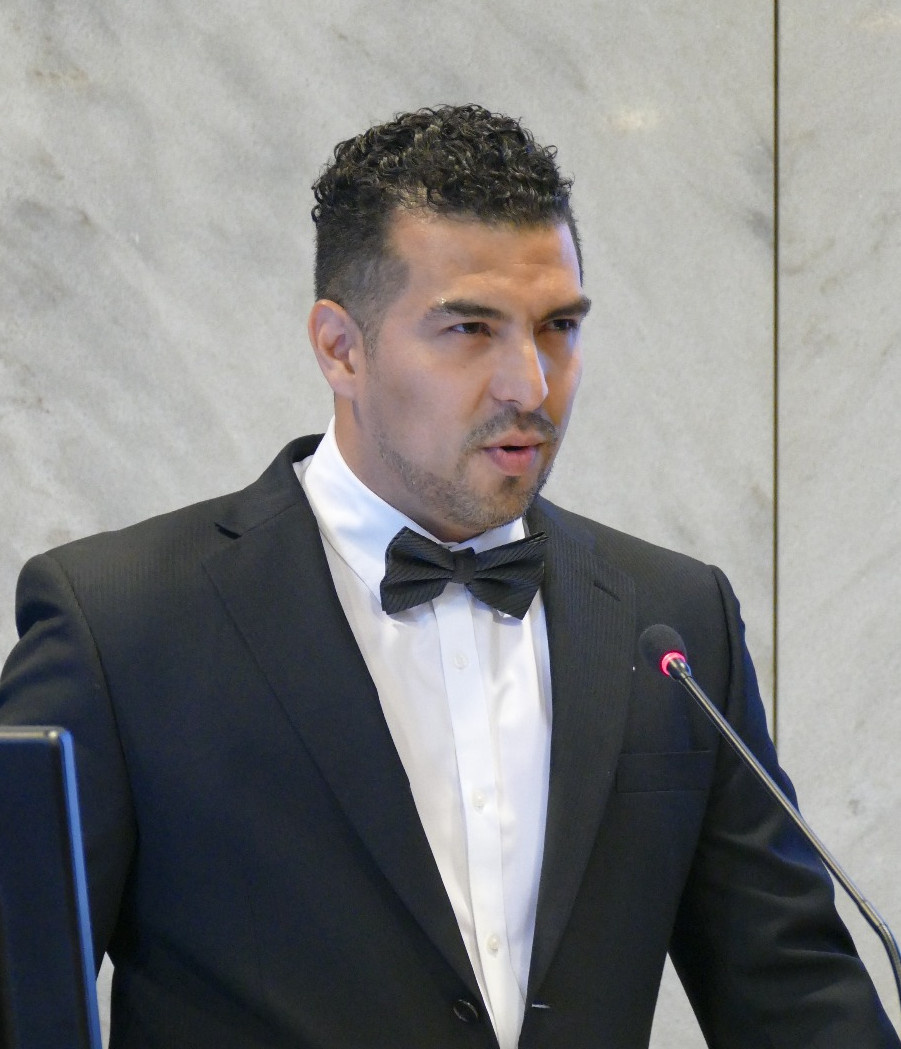 |
||
|
Oscar Sosa López |
Oscar Sosa López is a critical planning scholar examining the promises and paradoxes of ongoing global efforts to implement climate governance at the urban scale. His current book project examines how sustainable transportation planning reforms impact existing regimes of infrastructure inequality and democratic exclusion in Mexico City. |
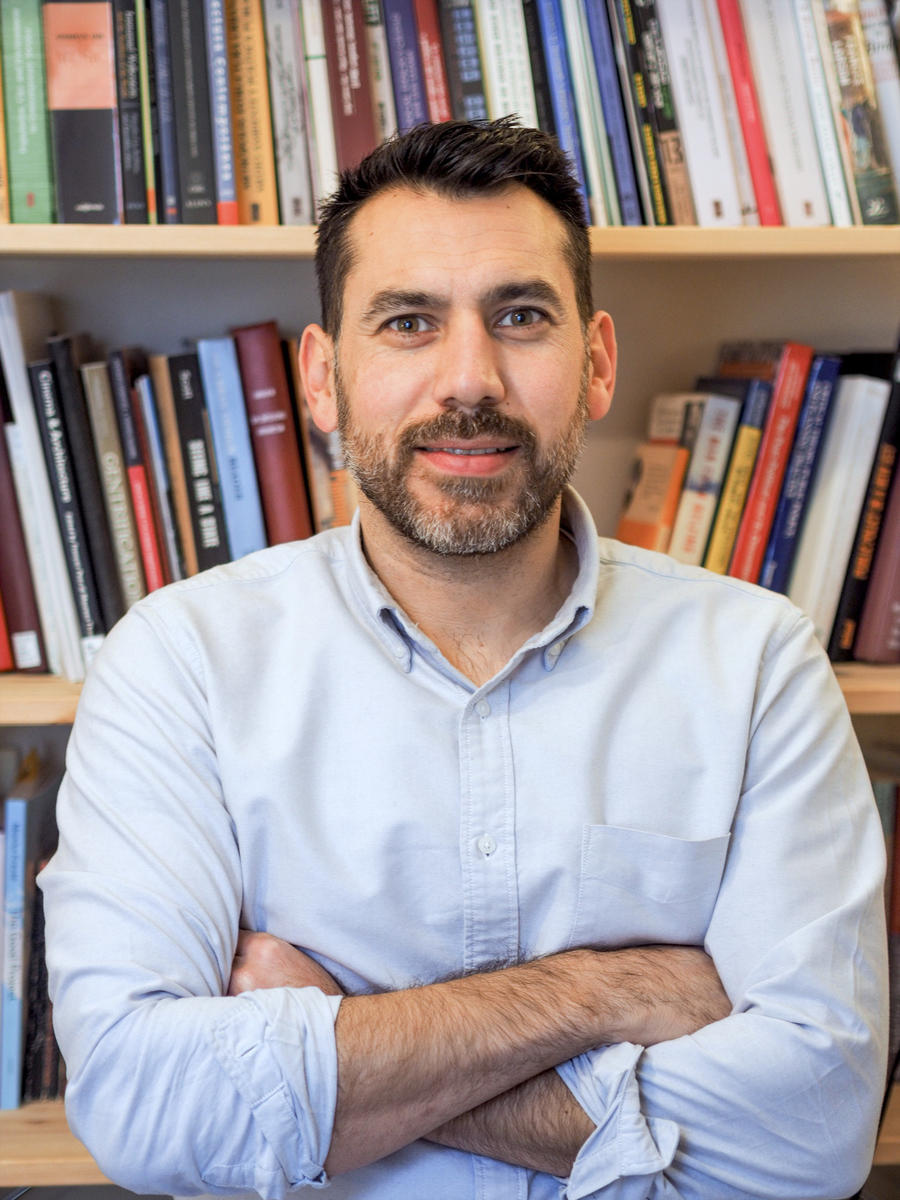 |
||